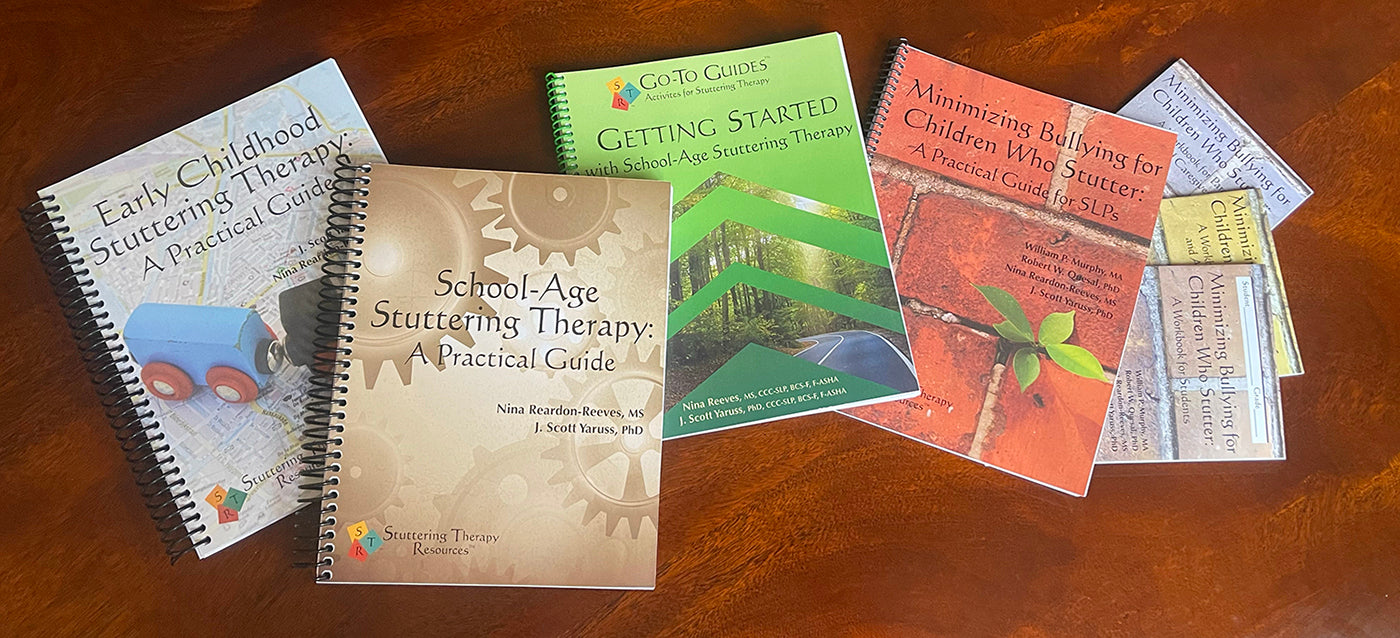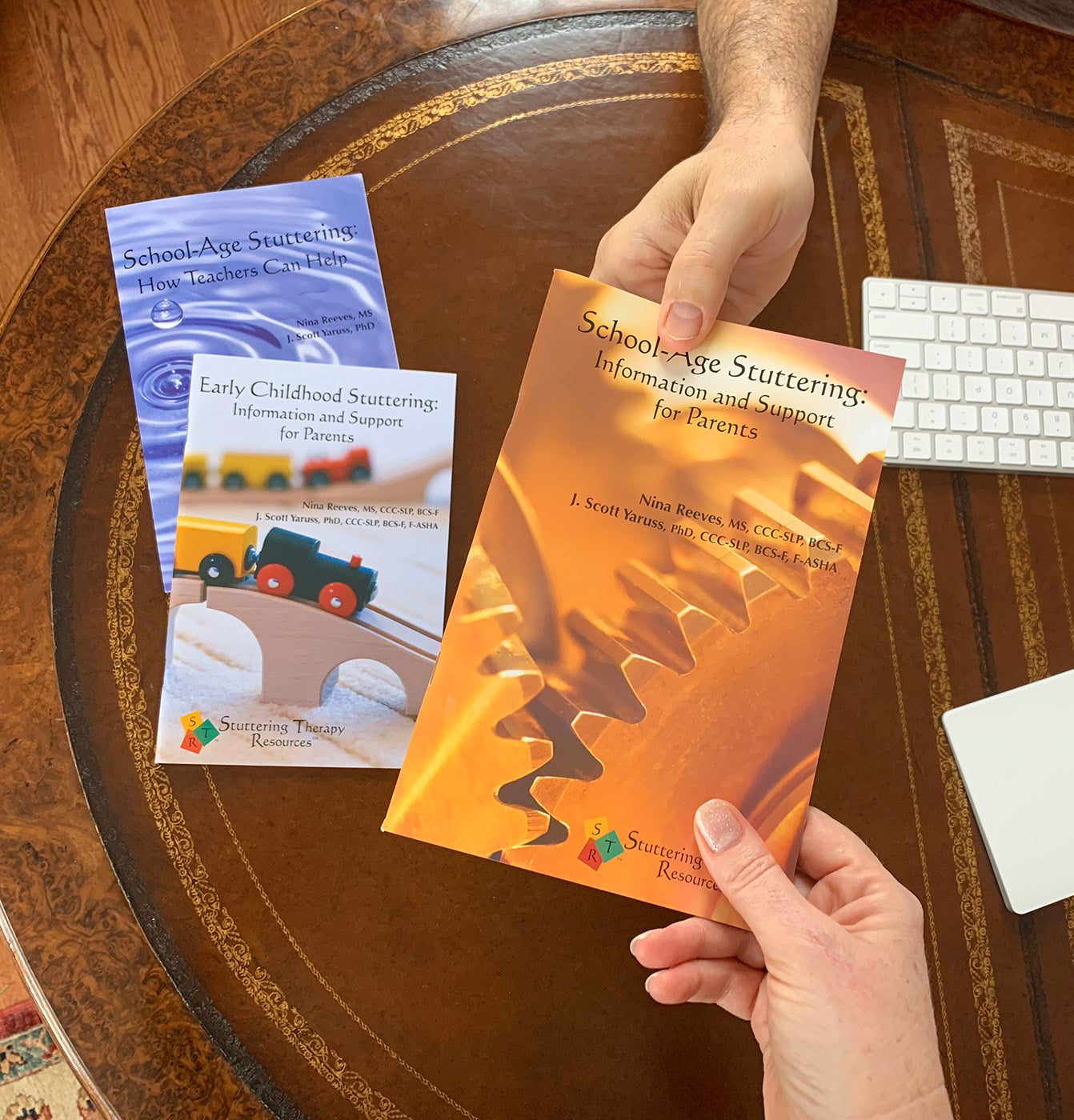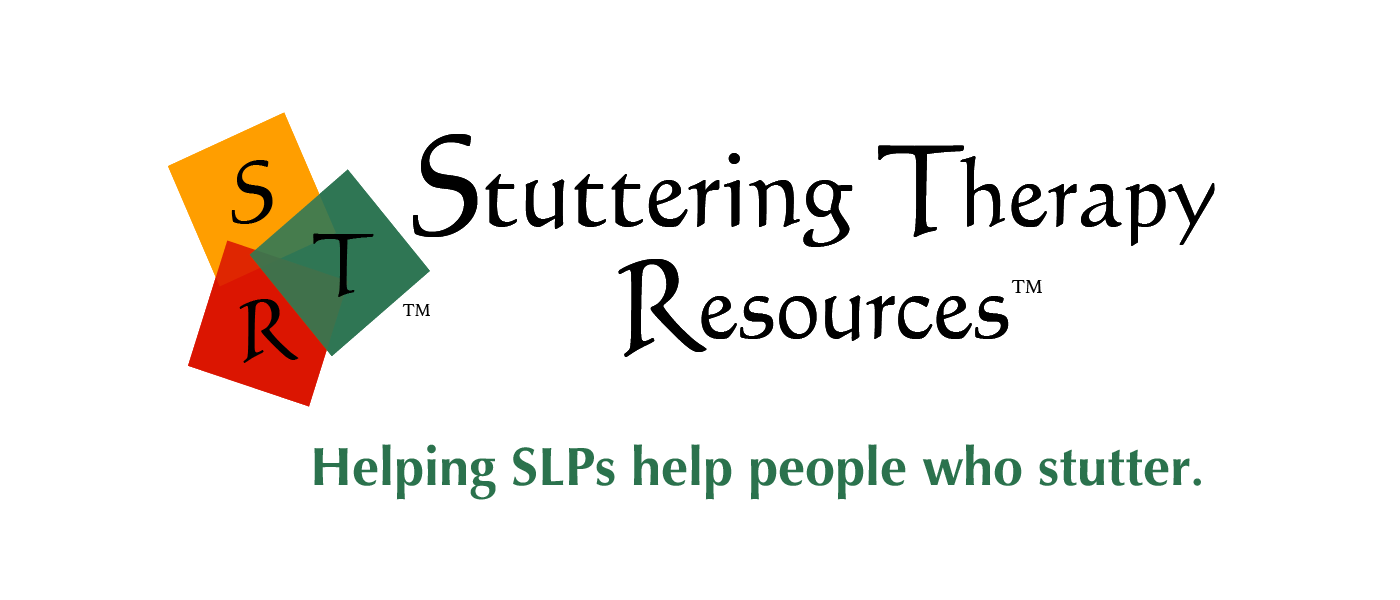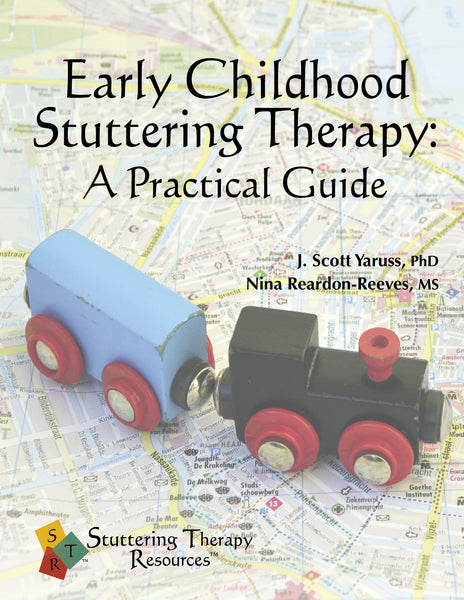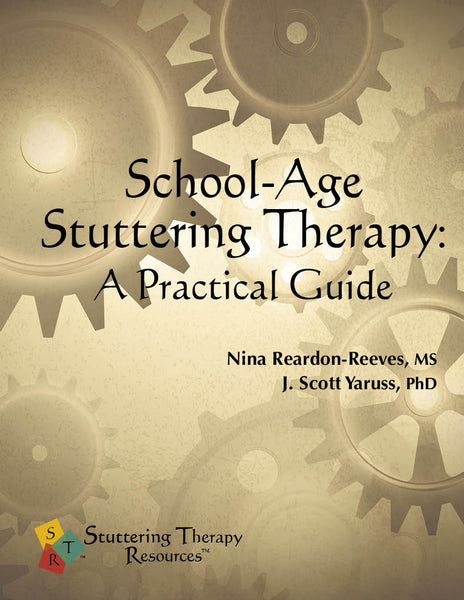Best-Selling Stuttering Therapy Guides
SLPs Love STR!
Practical Thoughts Blog
The Neurodiversity Affirming Movement and its Implications for Stuttering

Whether it’s stuttering or autism, the neurodiversity affirming approach teaches us that it’s acceptable for people to communicate in a variety of ways. The neurodiversity affirming movement has many implications for stuttering that should be considered.
Remembering Our Dear Friend, Dr. Bob Quesal
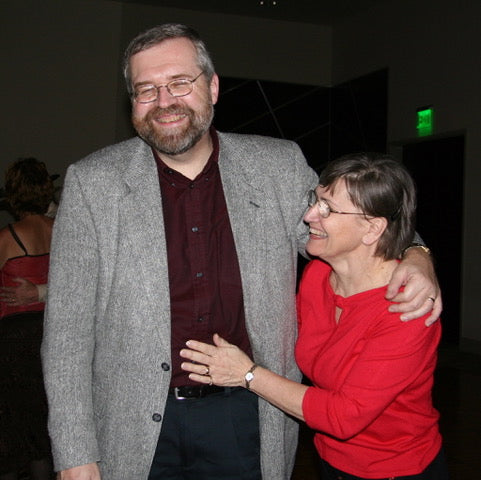
Many of our readers recognize Bob as the co-author of the OASES and the Minimizing Bullying program. Bob’s contributions to the field are truly groundbreaking [see several links below]. Throughout his career, he championed the voices of people who stutter, from his earliest writings that reminded speech-language pathologists not to forget people who stutter, to his longstanding studies on the life experiences of people who...
An Ode to Cleve: A Novel that Supports Stuttering as Verbal Diversity™

After having rewritten the story, I realized that it is not about verbal diversity alone; it also reflects the importance of acknowledging other types of neurodiversity and all of the ways in which both children and adults who are different may be marginalized or discriminated against. Perhaps Nick’s courage can serve as a model for others who find themselves in a similar situation.
Stuttering - From Shame and Anxiety to Confident Authenticity

Stoic philosophy has taught me first and foremost to identify what is in my control and what is not, and to live and work focused on what is in my control. I do not have control over whether I stutter or not, but I have control over how I react or respond to my stuttering.


